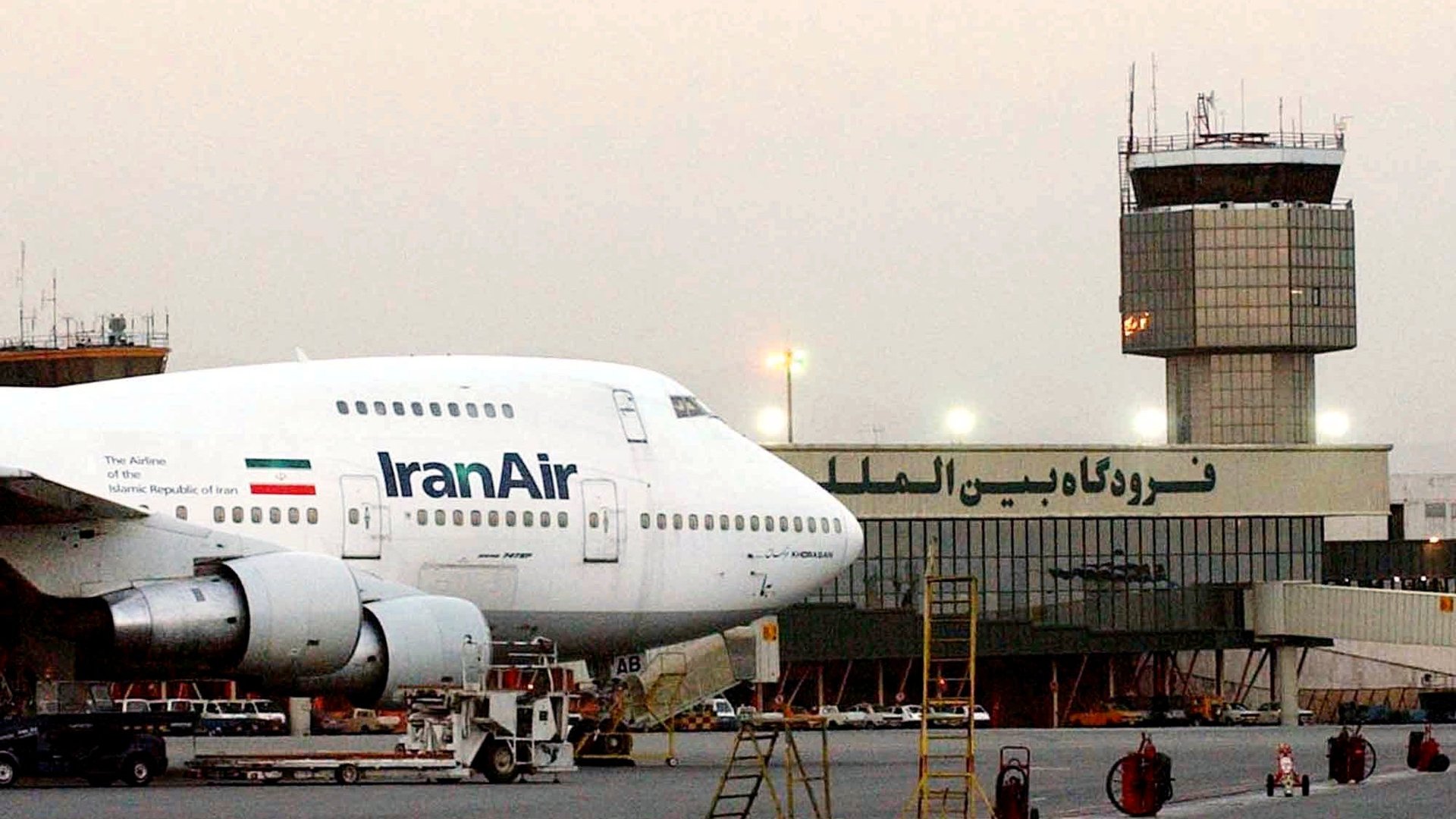Boeing needs Donald Trump to sign off on a multibillion-dollar deal with Iran
Ready to make a deal?


Ready to make a deal?
The parties
Boeing: US national aerospace champion and jet export dominator.
Iran: a Middle Eastern theocracy with a population of 77 million and a tendency to work against the national security interest of the United States.
The swap
Boeing will send 30 of its 737 jetliners, with an option to send 30 more, to Iran’s Aseman Airlines, for a sticker price of $6 billion. (Boeing sold $65 billion worth of commercial aircraft, delivering roughly 750 jets, in 2016, for perspective.)
The problem
Geopolitics. Until recently, Iran was a prominent subject of economic sanctions that would have scotched this deal from ever happening. Those sanctions helped force Iran to sign an agreement to limit its nuclear program with world powers represented by the United States, the European Union, China, and Russia.
That deal went into effect in January 2016, and while it appears to retain the confidence of most signatories when it comes to nuclear proliferation, it hasn’t stopped Iran from doing things like backing Bashar al-Assad, the Syrian autocrat waging a bloody civil war. Critics of Boeing’s deal immediately noted that Boeing’s announcement came the same day as a horrific chemical attack waged by Assad’s regime against civilians. Jetliners can carry both civilians and military personnel, like the Iranian guard units currently fighting in Syria.
Boeing will need the US Treasury department to sign off on both this deal and the deal it made to sell 80 planes to Iran’s state airline last year. But US president Donald Trump has been an outspoken critic of nuclear diplomacy with Iran and has called on the agreement to be scrapped. That is easier said than done, since so many world powers are invested in it. But his administration could make it more difficult for American firms to do business in Iran.
The outcome
Given Trump’s eagerness to boost manufacturing work and exports, Boeing is wagering that any political concerns will be outweighed by the 18,000 jobs that it says the sale will support—and by the knowledge that restricting US manufacturers won’t stop rival European firms like Airbus and Siemens from making major sales to Iran.
Meanwhile, Boeing has been waging a charm offensive against Trump, tolerating his claims to have renegotiated a still-in-development deal to build a new Air Force One, for instance.
But it’s not Boeing, but rather outrage over Syria’s war and Iran’s troublemaking, that could finally force Trump to choose between his criticism of foreign powers and his blustery economic nationalism.